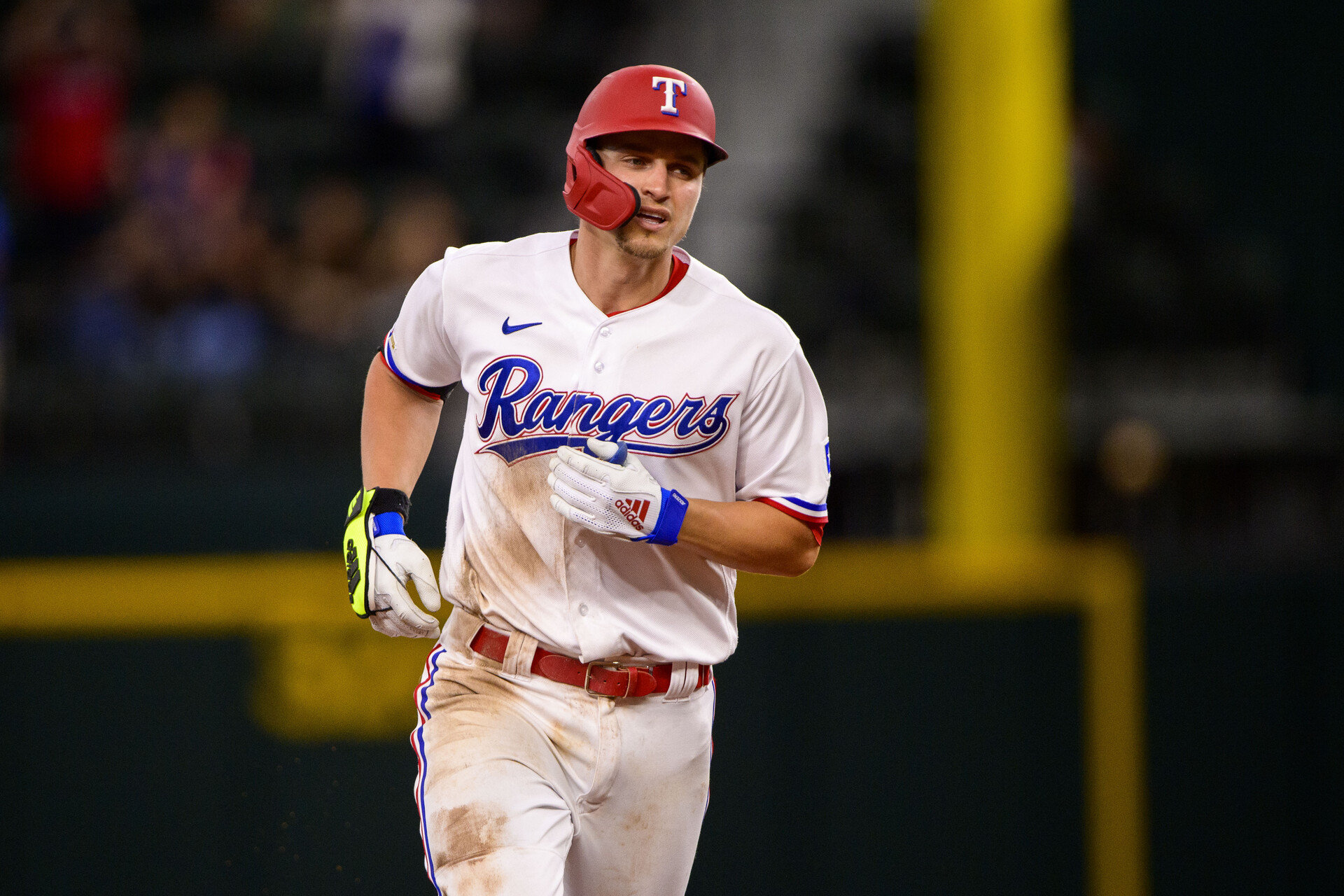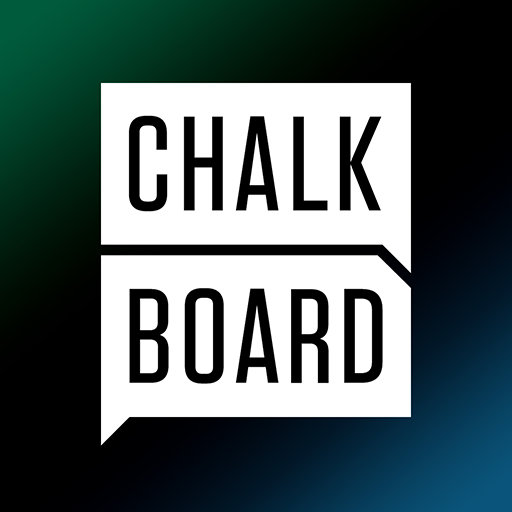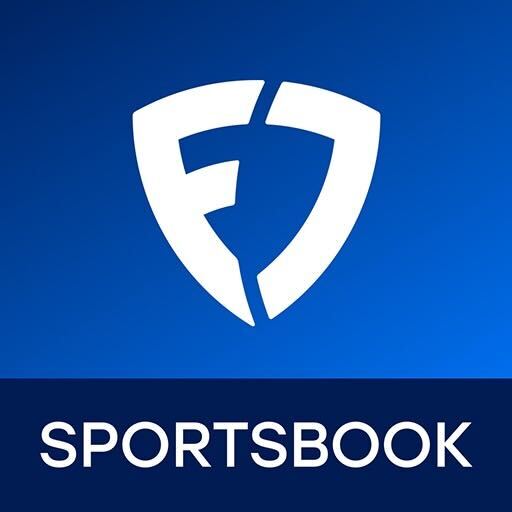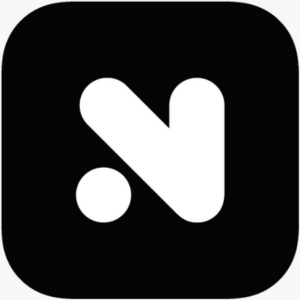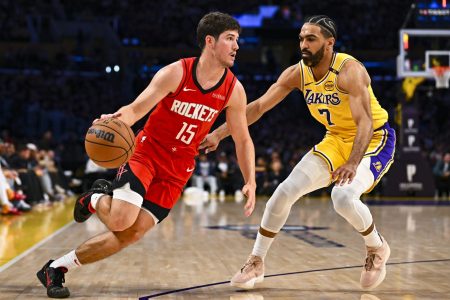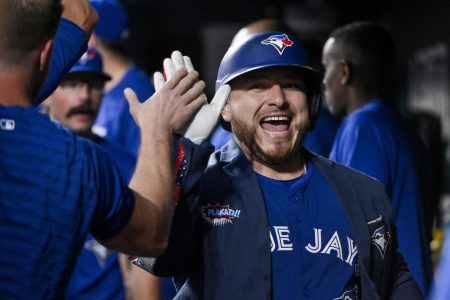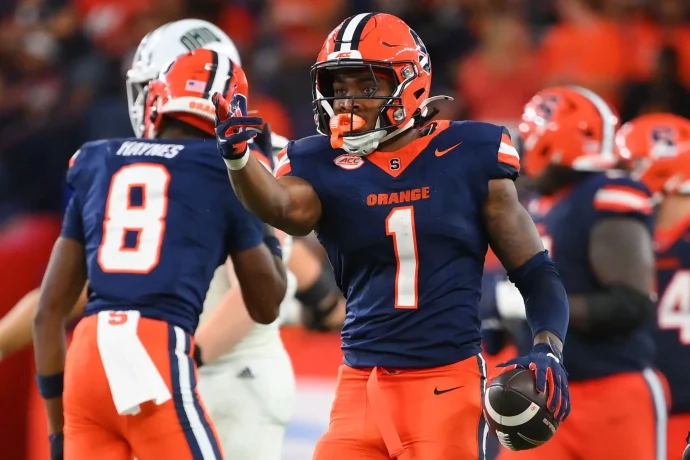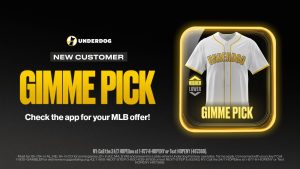What’s better than watching a moonshot home run? Watching a slugger blast that ball into orbit and winning cash along the way!
Below you’ll find our best home run props for today, carefully chosen by our experts for value, matchup strength, and payout potential, along with odds-based favorites, and team and game-level HR props.
Similar to our NRFI and strikeout props, these picks are updated daily, so be sure to check back tomorrow for a fresh batch of bets.
Whether you’re after value plays, top sluggers, or strategy tips, everything you need to make smarter home run bets is right here.
Best Home Run Player Props Today: Friday, July 11
These are the best home run prop bets today, according to our daily research. Each pick offers value and is backed by expert analysis and up-to-date stats to give you an edge. We highlight hitters with the right matchup, form, and power to go long, so you can bet with more confidence.
Corey Seager More Than 0.5 Home Runs
It has been a bit of a year to forget for Seager. His numbers are down virtually across the board, especially from a power standpoint. He’s launched just 13 homers this season after finishing with at least 30 in each of his first three seasons with the Rangers.
However, the advanced metrics suggest that Seager is as dangerous as ever. He’s still making some of the best contact in baseball, ranking in the 95th percentile for barrel rate, 97th percentile for average exit velocity, and 98th percentile for hard-hit rate. Add it all up, and his .624 xSLG puts him in the 99th percentile. It’s the fourth-best mark in the entire league, trailing only Aaron Judge, Shohei Ohtani, and Juan Soto.
Ultimately, Seager has simply been unlucky. Among qualified hitters, no one has underperformed their expected slugging percentage by a larger margin.
Seager could be poised for a big second half, and he’s already started to put together improved results. He’s launched three homers in his past eight games, and he has multiple hits in four straight contests. In nine July contests, he’s batting .394 with a 1.300 OPS.
Seager has the potential to keep things rolling on Friday. He’s set to face Lance McCullers Jr., who has been a “feast or famine” pitcher this season. He’s still a strong strikeout arm – he’s averaged 10.24 strikeouts per nine innings – but when batters make contact, they tend to do damage. McCullers has struggled to a 5.82 ERA, and he’s surrendered 1.86 homers per nine innings.
Ultimately, Seager is still one of the best hitters in baseball, and he’s underpriced in a favorable matchup.
Where to play: Corey Seager More Than 0.5 Home Runs | 4.15x at Sleeper
Zack Gelof Higher Than 0.5 Home Runs
It’s hard to have a worse start than Gelof this season. He’s spent most of the year dealing with injuries, and when he’s been in the lineup, he’s been unable to get anything going. He has just one hit in 22 at-bats, good for a .045 batting average.
Still, Gelof has a decent track record at the MLB level. He swatted 14 homers in just 69 games back in 2023, and he followed that up with 17 homers last season. He’s not a massive power threat, but he has just enough pop to be dangerous.
That should only increase with his new home ballpark. The Athletics are currently playing at Sutter Health Park in Sacramento, which has been a hitter’s paradise this season. Only Coors Field has graded out as a more hitter-friendly venue per Statcast Park Factors. It’s also been the eighth-best park from a homer standpoint, so Gelof should be able to find his power stroke in this venue.
Gelof will be at home on Friday in an interesting spot vs. Max Scherzer. While Scherzer was once one of the most feared pitchers in the game, those days are long in the past. Scherzer has pitched to a 4.76 ERA, 4.58 xERA, and 1.59 HR/9 in his four starts, and he’s had a HR/9 of at least 1.45 in the past two seasons as well. It’s enough to make Gelof an interesting longshot at +625 at BetMGM, and he’s available at 3.92x at Underdog.
Where to play: Zack Gelof Higher Than 0.5 Home Runs | 3.92x at Underdog
Five Players With the Shortest Odds
- Aaron Judge (+180; BetMGM): Judge is having a historically good season for the Yankees, slugging 34 homers with a .356 batting average. He also ranks near the top of the league in every Statcast metric of note, and he has solidified his status as the game’s best hitter. He’ll square off with Chris Flexen and the Cubs’ bullpen on Friday, and while Flexen has been outstanding this season (0.83 ERA), it’s definitely not a matchup that you need to fear.
- Mike Trout (+225; DraftKings): Trout has had a typical Trout season in 2025. He missed a handful of games with an injury, but when he’s been in the lineup, he’s been as dangerous as ever. He has 16 homers and ranks in the 94th percentile in xSLG, and his numbers are trending upward after an unlucky start to the season. He has three homers in his past five games, and he has an exploitable matchup vs. Ryne Nelson on Friday.
- Ketel Marte (+240; FanDuel): Marte will be on the other side of the matchup between the Angels and Diamondbacks, and he’s been even better than Trout when in the lineup this season. He’s been limited to just 66 games played, but he’s still managed 19 homers. He ranks in the 95th percentile for barrel rate and 98th for xSLG, so he’s been extremely dangerous as a power hitter. Marte has historically been at his best against southpaws, and he’ll be on the positive side of his splits Friday vs. Tyler Anderson (4.19 ERA, 4.40 xERA, 1.49 HR/9).
- Giancarlo Stanton (+250; BetMGM): Stanton benefits from the same matchup as Judge, and he’s officially started to hit for some power. There wasn’t a ton of concern that would happen, but he’s now homered in three of his past seven games after going homerless in his first 12. He’s swinging the bat harder than anyone in baseball, so the power should continue to flourish.
- Kyle Schwarber (+250; FanDuel): Schwarber has fallen just a smidge behind the league leaders in the HR race, but he still has 29 for the year. That puts him on pace for a new career best in that department, which is an impressive feat for someone who already has four seasons with at least 38 homers. He’ll square off with Ryan Bergert and his 2.67 ERA this season, but his 4.16 xERA isn’t nearly as intimidating.
Top Team Target: Toronto Blue Jays
The game between the Blue Jays and Athletics stands out as the top target, leading the slate with a 10.5-run total. The Blue Jays have the higher implied team total of the two, and they have the superior matchup vs. Luis Severino. Sevy has been crushed in his first year with the Athletics, particularly when pitching at home. He has an ERA above seven in that split, so the Jays can do some damage in this spot.
Worst Team Target: Seattle Mariners
Cal Raleigh was missing from the HR odds leaderboard for Friday, and it stems primarily from his matchup. He and his teammates will have to deal with Tarik Skubal, who has cemented his status as the top pitcher in baseball. He’s been even better than he was last season when he won the AL Triple Crown, and he’s been nearly impossible to take deep: he’s allowed just 0.62 homers per nine innings.
If you’re not in a state with legal sports betting, don’t sweat it – the top legal DFS apps offer extensive menus of fantasy props, which play very similar to prop bets at online sportsbooks. Check out our overview of the best DFS apps for MLB.
More expert MLB prop selections from Props.com
Where to place home run prop bets
You’ve got three solid ways to bet on MLB prop bets: sportsbooks, fantasy pick’em apps, and sweepstakes sites. Sportsbooks offer real-money betting. DFS apps like Underdog let you build pick’em slips. And sweepstakes sites let you play for prizes, even in states without legal sportsbooks. Here are our favorite sites along with the best sportsbook promos you can take advantage of with your MLB betting.
Legal sportsbooks
Disclaimer: Must be 21+. Gambling Problem? Call 1-800-GAMBLER
FanDuel, BetMGM, and Caesars all offer daily MLB player props for home runs during the MLB season. You can bet on a player to hit a homer, parlay props together, or choose team-based home run bets.
If you’re in a legal betting state, these books are your best bet for high limits, extensive betting options, and fast payouts.
DFS pick’em apps
Underdog and Sleeper let you pick players to go over or under home run lines. It works just like prop betting, but it’s legal in more states, thanks to fantasy rules.
You pick two or more players. If all your picks hit, your payout multiplies. It’s quick, simple, and legal in places where sportsbooks aren’t.
You can also check out:
Sweepstakes sites
Thrillzz, Novig, and Fliff are legal in most U.S. states. You use virtual currency instead of cash, then play games that look and feel like real prop betting.
They’re free to try, and you can win real cash prizes through sweepstakes systems. These are great if you’re in a state without legal sportsbooks or DFS pick’em access.
MLB Prediction Market Sites
Kalshi is the first fully regulated prediction market in the United States dedicated solely to trading on the outcome of future events.
Interested in trying it out? Click the banner below!
Home run prop bet types, odds & win conditions
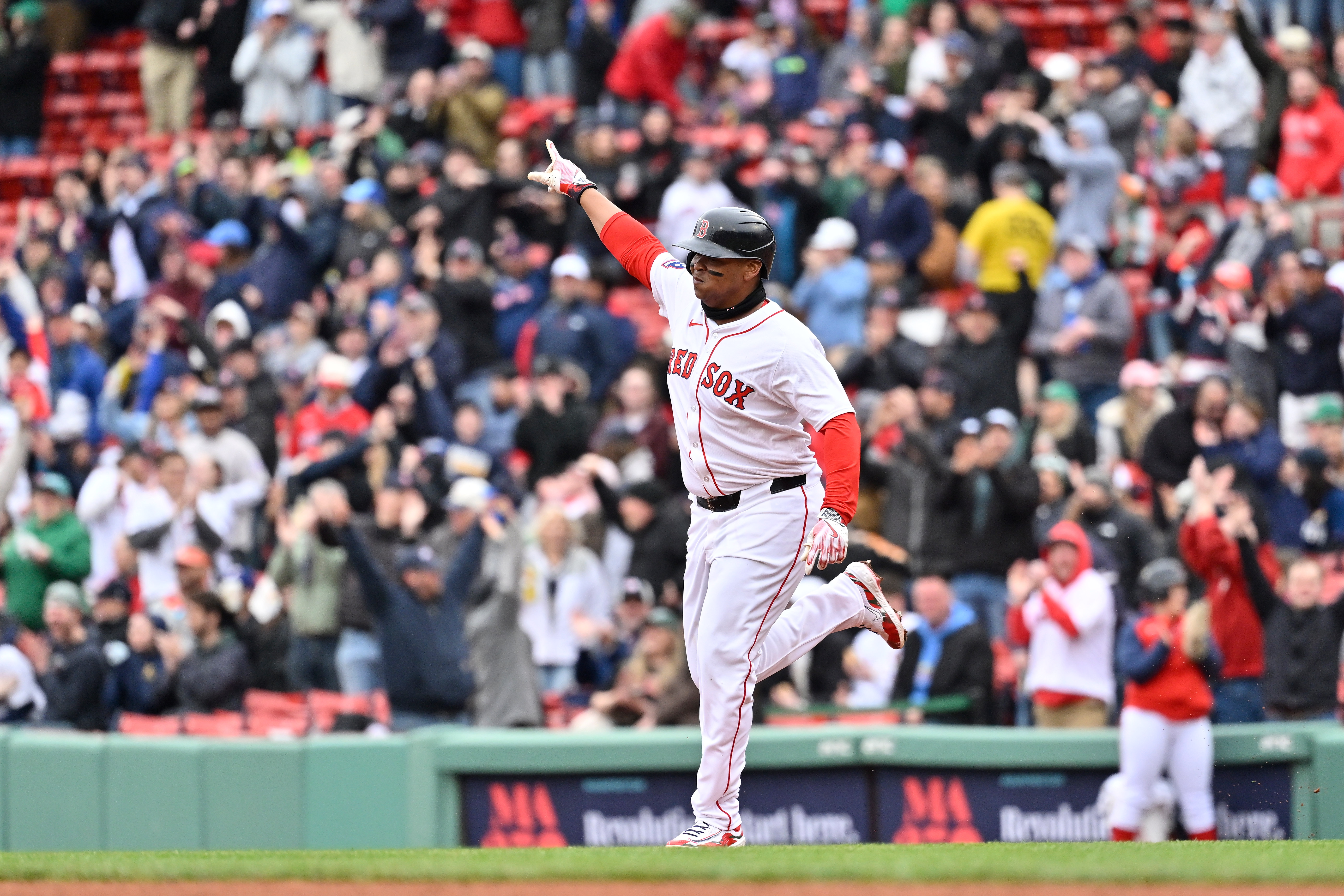
You’ve seen our expert picks for the best home run props today, and now know where to place your bets. Next, we’ll show you the different types of HR props available, different ways to bet on home runs, the stats that matter, and how to spot value when building your HQ betting strategy.
We’ll start with a concise overview table, then dig into the fine print.
| Bet Type | Description | Typical Odds | Key Influencing Factors | Win Conditions | Loss Conditions |
|---|---|---|---|---|---|
| Player to Hit a Home Run | Will a specific player hit at least one home run? | Plus money (+150 to +700+) | Batter stats, pitcher stats, ballpark, weather, matchup history, recent form | Player hits one or more home runs. | Player does not hit a home run. |
| First Player to Hit a Home Run | Which specific player will hit the first home run of the game? | Higher plus money than “Player to Hit a Home Run” | All of the above, plus batting order, early-game pitcher tendencies | Selected player hits the first home run of the game. | Another player hits the first home run, or no home runs are hit. |
| Player to Hit Multiple Home Runs | Will a specific player hit two or more home runs in the game? | Very high plus money (+1000+) | All of the above, plus player’s current power surge, multi-homer history | Player hits two or more home runs. | Player hits zero or one home run. |
| Total Home Runs in a Game (Over/Under) | Will the total home runs by both teams be over or under a set number? | Around -110 for both over and under | Pitching quality of both teams, ballpark home run factor, weather conditions, overall offensive power of both teams | Total home runs are over or under the predicted number. | Total home runs are on the opposite side of the predicted number. |
| Will Any Player on a Team Hit a Home Run? | Will at least one player from a specific team hit a home run? | Varies, can be plus or minus money | Team’s overall power, opposing pitcher’s HR/9, ballpark, weather | At least one player on the team hits a home run. | No players on the team hit a home run. |
| Which Team Will Hit More Home Runs? | Which of the two teams in the game will hit more home runs? | Varies depending on team power and pitching matchups | Overall power of each team, opposing pitchers’ tendencies, ballpark, weather | Selected team hits more home runs than the opponent. | Opponent hits more home runs, or a tie occurs (check sportsbook rules for ties). |
| First Team to Hit a Home Run | Which of the two teams will be the first to hit a home run in the game? | Varies, often favors the team batting first or with early power in the lineup | Strength of the top of each team’s lineup, starting pitchers’ early tendencies, which team bats first | Selected team hits the first home run of the game. | Other team hits the first home run, or no home runs are hit. |
Types of player-based home run props explained
Home run player prop bets let you bet on specific players hitting home runs in a game. These props fall into three main types: betting on a player to hit at least one home run, betting on who hits the first home run of the game, and betting on a player to hit multiple home runs. Each bet type works differently, but they all depend on power, matchups, and opportunity.
Single player to hit a home run
This is the most popular home run prop. You’re betting on a specific player to hit at least one home run during the game. If they clear the fences at any point, including extra innings, then you win. If they don’t, you lose.
Odds are typically listed as “Player to hit a Home Run: Yes,” with no “No” option offered because it would be heavily favored.
A slugger like Kyle Schwarber might be listed at +180 to +250, while a less frequent power hitter like Nico Hoerner could be +700 or more. A winning $100 bet on Schwarber at +250 returns a $250 profit.
First player to hit a home run
This bet is tougher and riskier. You’re picking the first player to hit a home run in the entire game. It doesn’t matter which team they play for. If anyone else homers first, your bet loses, even if your player hits a HR later.
Payouts are higher because it’s harder to hit. Odds for a first home run can be +800 or more. A $50 bet at +800 returns a $400 profit.
Player to hit multiple home runs
This is a longshot bet with a big upside. You’re betting that a player hits two or more home runs in a single game. These props usually appear as “Player to hit 2+ HR” and can carry odds from +1000 to +5000 or higher.
You win if the player hits at least two homers. You lose if they hit zero or one. And a single homer won’t cut it.
Imagine placing a $20 bet on Vladimir Guerrero Jr. at +1200 in a matchup against a thin Colorado Rockies rotation in Coors Field. If he hits one in the 2nd inning and another in the 6th, you win $240 profit. But if he only hits one, the bet loses.
Or, say you bet Matt Chapman will hit 2+ HR at +1500, and he crushes one early but fails to get another, then it’s still a loss.
These bets rarely cash because even big-name sluggers only have a handful of multi-homer games each year. So these bets are best used for fun or when the numbers really line up.
Team and game-based home run prop types explained
You can bet on home runs in baseball beyond individual players with prop bets that focus on what happens at the team or game level. You can wager on total homers, compare two teams, or predict which team hits one first.
We’ll start by looking at the over/under of total home runs in a game.
Total home runs in a game (over/under)
This bet is about how many total home runs both teams hit in a single game. The sportsbook sets a line, usually a half number like 2.5, and you pick if the actual total will be over or under.
If you bet the over, you’re saying there will be 3 or more homers. The under wins with 2 or fewer. If the line is a whole number and exactly that many homers happen, it’s usually a push, and your bet is refunded.
Odds typically hover around -110 but can move based on betting trends. Extra innings count unless your book says otherwise.
Will any player on a team hit a home run?
This bet asks a simple question: Will at least one player on a specific team hit a home run? Odds reflect how likely that is.
For a power team facing a weak pitcher, “Yes” might be -200. For a weaker team in a pitcher’s park, “No” might be +160.
This prop is really a team-specific over/under at 0.5 home runs.
Even strong teams can go homerless, especially if their big slugger gets shut down. Meanwhile, a team with modest hitters might sneak one out.
You win if you bet ‘yes’ and anyone on the team hits a homer, or you win if you bet ‘no’ and the team doesn’t homer at all. Extra innings count, and the result is a binary 0 vs. 1 or more.
Which team will hit more home runs?
This prop is a simple head-to-head game in which you bet on which team will hit more home runs in a game.
There are two formats:
- 3-way line: Team A, Team B, or Tie
- 2-way line: Team A or Team B; a tie means a push/refund
Odds vary based on lineup strength and pitching matchups.
Quite simply, you win if your team hits more homers, and you lose if the other team does. A tie either refunds your bet or loses the bet, depending on how the bet was set up.
First team to hit a home run
This prop is a race, betting on which team will hit the first home run in the game? Sometimes, there’s a third option for No HR, but often, it’s just Team A vs. Team B.
If no home runs happen, the bet is either voided or refunded unless you specifically bet on No HR.
This bet can be settled early because if one team hits a homer before the other, that’s it. If both hit in the same inning, the first to do it by time wins.
Parlay and combo home run props explained
Parlay and combo home run props link two or more picks into one bet. You only win if every leg hits.
Say you bet Matt Olson to hit a home run and the Braves to win, then both must happen for you to win. If Olson homers but Atlanta loses, the whole bet loses. The odds from each leg are multiplied, so payouts are higher, but the risk is too.
You can pair player props across different games, like Olson to homer in one and Mookie Betts in another. Or you can tie a home run to a team result in a same-game parlay. Some sportsbooks boost these bets, but they may restrict combinations that are too closely tied. For example, a player homering often helps his team win, but both parts must still hit.
Live or in-game home run props explained
Live props let you place bets during a game, when the play is actually in progress and the game is in live action. Provided odds update based on the action in the game.
You might see markets like “Will there be a home run in the 7th inning?” or “Next player to homer.” You’re reacting to real-time info here, making bets based on who’s batting, who’s pitching, the weather, the score, and how players seem to be performing live in the here and now.
Important terms and conditions for HR props
Every sportsbook has its own rules for home run props, and knowing these is essential to prevent any surprises affecting won or lost bets, or pushes and refunds:
- Player must play: If your player doesn’t start or bat, your bet is refunded. Some books count pinch-hit appearances as official plate appearances, while others require the player to start. If the player is ejected before batting, most books void the bet, but always check your sportsbook’s rules.
- Pitching changes: HR props stay live even if the starting pitcher changes last-minute.
- Game completion and weather: A game must go at least 8.5 or 9 innings to count. If it’s postponed or ends early, due to weather or any other reason, bets are usually void unless the outcome already happened.
- Extra innings count: Unless stated otherwise, home runs in extras count just like early-inning ones.
- Lineup changes: If your player starts and then exits, the bet still stands. For team-based props, a late scratch doesn’t affect your wager.
- Parlay rules: If one leg of a multi-game parlay is void (e.g., a scratched player), that leg is dropped. In same-game parlays, many sportsbooks void the entire bet if one leg is removed due to correlation issues.
- Settlement and stat corrections: Bets usually pay out after the game ends. If a stat is changed later (rare), books might adjust results, but most treat the end-of-game result as final and ignore any post-game changes.
The golden rule is to check your book’s rules before betting. Confirm lineups, understand void policies, and avoid betting before you know who’s playing. If anything unusual happens, like a delay or a lineup change, read the fine print or ask support before assuming your bet is live.
Final thoughts
Betting on home run props can make the game more fun. You start watching at-bats more closely, checking matchups, and paying attention to things like park size, weather, and pitcher tendencies. It gives you a reason to dig into stats, learn more about different players, and stay engaged all game long, even if your team isn’t playing. The research becomes part of the fun, and when your picks win, it’s even better.
